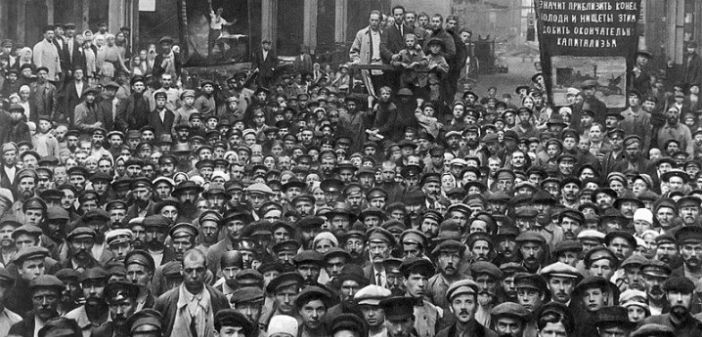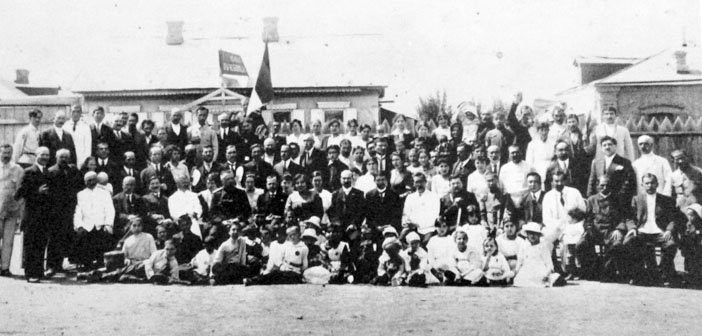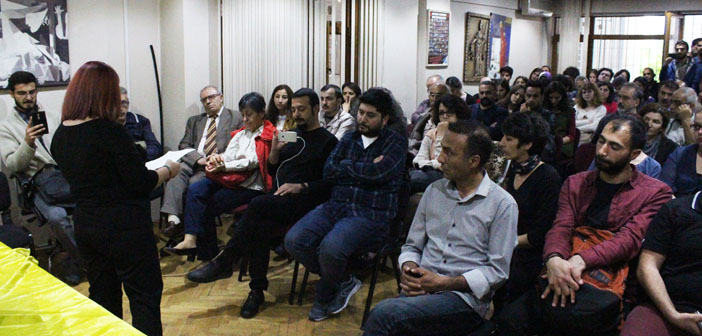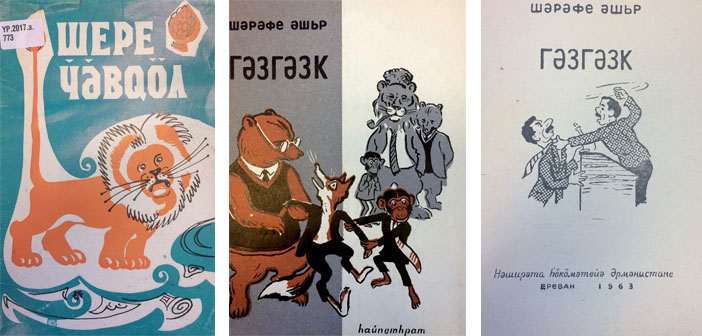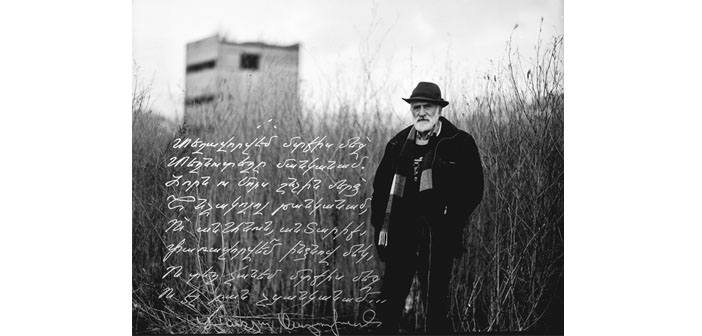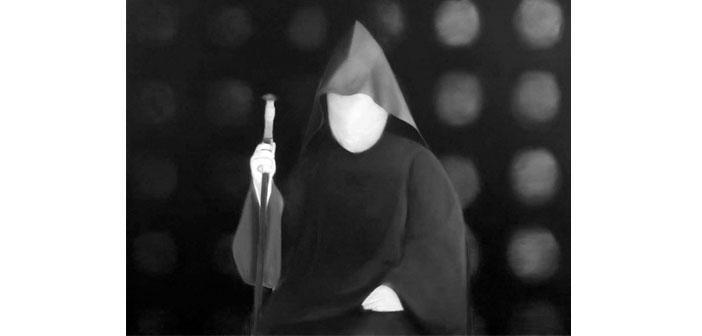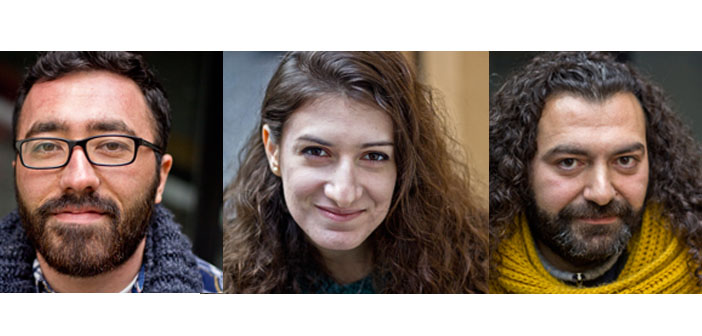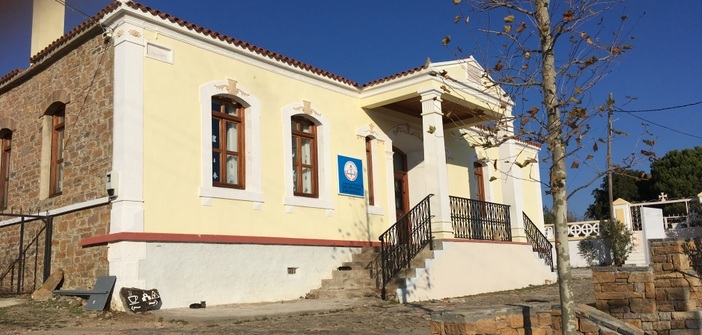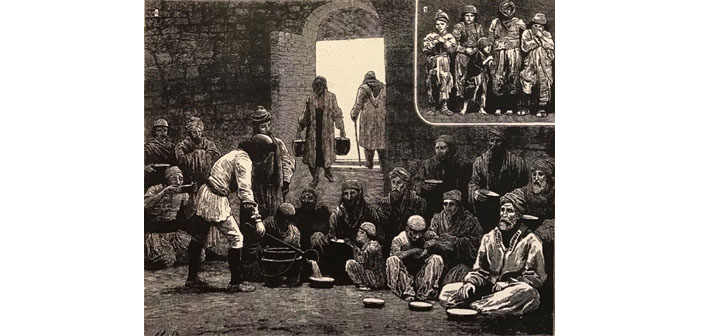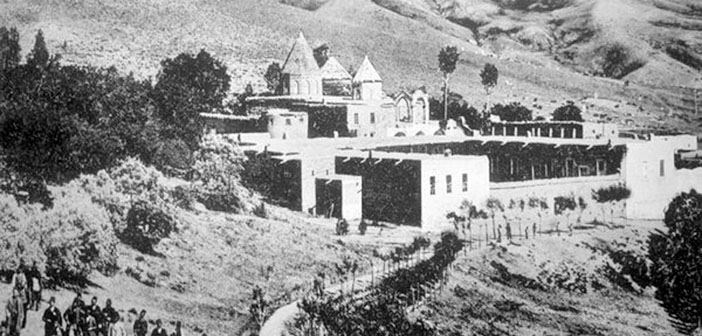ORTA SAYFA
Story of academics who stay to resist
The state of emergency declared after the coup attempt on July 15 resulted in a purge in universities that has never been seen before in Turkey's recent history. The emergency decrees have been used for dismissing both experienced academics who carried out many researches in universities and young academics whose careers had just begun. However, despite everything that happened, some academics hold on to their profession, which they define as “reason for being”. In this regard, Kocaeli Solidarity Academy is a precursor and guiding initiative. Having completed its first term of “alternative education”, it has also the purpose of establishing an open and free school of life for people with a new two-tear program.
Tracing the children's books that raised “Armenia of Kurds”
Asia and Africa collection of British Library in London offers books that tell a story of Kurdish language and culture that is not widely known. More than hundred works in Kurdish, especially children's books, that were published in Soviet Armenia in Cyrillic, Armenian and Latin alphabets have come to light again thanks to cataloging efforts of Michael Erdman, library's curator of Turkish and Turkic languages.
“Bringing people closer is the foundation of humanistic photography”
German Avagyan is a photographer who participated in joint Armenia-Turkey exhibitions before it was a trend and has always used his camera for documenting the difficult issues that became a wound for the society. In this regard, interviewing him is precious, not only in terms of photography but also in terms of understanding how photography can really change people's lives. We introduce this artist concerned with many issues like poverty, disability and war to our readers.
“Ateşyan should clear the way for the election”
What does Armenian society think about the crisis in the patriarchal election?
Fellows knowing and introducing Turkey by producing
Hrant Dink Foundation's Turkey-Armenia fellowship program sponsored by the EU encourages the professionals from the neighboring country to form cross-border cooperation networks since 2014. Armen Ohanyan (Hayastantsi), Maria Yeghiazaryan and Artsrun Pivazyan, who came to neighboring Turkey for new experiences thanks to the fellowship program, shared their experiences.
Back to homeland: ‘New locals of Imroz’
In the last 2 years, 15 families from Thessaloniki, Athens and Crete settled in their ancestral land Imroz. We met these “new locals” of Imroz, who are trying to build a new life and sending their children to the newly-established Greek schools on the island.
Plunder, Famine and Destitution: The Figure of the Beggar from Van
Vazken Davidian made a presentation at “Van and the Region” conference organized by Hrant Dink Foundation and tried to provide an insight to the relationship between Ottoman Empire and Ottoman Armenians in a time of complicated ideological transformations. Here is a broad summary of the presentation by Davidian, who says that “The Figure of the Beggar from Van personified the economic wretchedness and misery of Ottoman Armenia on the streets and the hans [slums] of the imperial capital.”
“Van was the epicenter of the earthquake of genocide”
“The Social, Cultural and Economic History of Van and the Region” conference organized by Hrant Dink Foundation was held in Anarad Hığutyun building on November 11 and 12. We talked to Dr. Yektan Türkyılmaz, who was the keynote speaker of the conference, about Van's importance in Armenian and Ottoman history.


